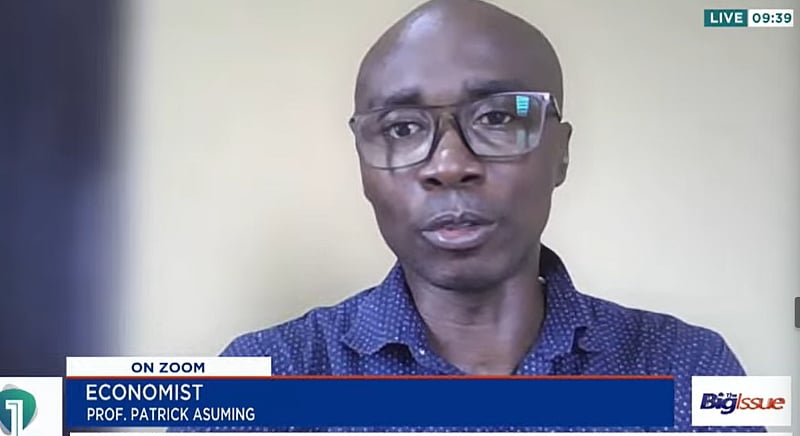Professor Patrick Asuming, an economist and senior lecturer at the University of Ghana Business School, attributes the recent surge in the Ghanaian cedi’s value against the US dollar to a significant boost in confidence within the Ghanaian economy. This renewed optimism stems from a confluence of factors, including the successful conclusion of the last election, the presentation of the national budget, and the International Monetary Fund (IMF) reaching a staff-level agreement with the Government of Ghana (GoG). While acknowledging the cedi’s impressive performance, Prof. Asuming cautions against expecting this trend to persist throughout the year, predicting a likely fluctuation in the exchange rate in the coming months. He emphasizes, however, that the current appreciation isn’t a mere fluke but rather a reflection of a fundamental shift in economic sentiment.
The foundation of this renewed confidence lies in tangible improvements in key economic indicators. Data from the Bank of Ghana reveals a marked increase in both consumer and business confidence indices between the end of last year and February 2024. The consumer confidence index, a measure of consumers’ feelings about current and future economic conditions, saw a significant jump of approximately 10%. Similarly, the business confidence survey, which gauges the optimism of businesses regarding their prospects, also registered a comparable increase. These substantial improvements point towards a growing belief in the stability and potential of the Ghanaian economy, a sentiment that has directly influenced the cedi’s positive trajectory.
Prof. Asuming highlights the importance of these sentiment indicators, emphasizing that they play a crucial role alongside other technical and fiscal factors in driving the cedi’s appreciation. While acknowledging the influence of policy decisions and market forces, he underscores the powerful impact of positive public perception on economic performance. The surge in confidence translates into increased investment, consumer spending, and overall economic activity, all of which contribute to a stronger currency. This positive feedback loop, where improved economic conditions bolster confidence and vice versa, is a key driver of the cedi’s current strength.
The IMF staff-level agreement, a critical milestone in Ghana’s economic recovery, has played a particularly significant role in bolstering confidence. This agreement signals the IMF’s endorsement of the government’s economic policies and its commitment to supporting Ghana’s financial stability. Such international validation provides reassurance to investors and businesses, fostering a more optimistic outlook on the country’s economic future. The IMF’s involvement not only unlocks access to crucial financial resources but also sends a powerful message of confidence to global markets, further strengthening the cedi’s position.
While Prof. Asuming acknowledges the positive impact of the recent developments, he emphasizes the need for continued vigilance and proactive measures to sustain the cedi’s strength. He cautions against complacency, recognizing that the current favorable conditions may not persist indefinitely. Maintaining the upward trajectory of the cedi requires sustained efforts to strengthen the underlying economic fundamentals, implement sound fiscal policies, and foster a stable and predictable investment climate. Furthermore, managing expectations and communicating transparently about the economic outlook are crucial to maintaining confidence and avoiding potential market volatility.
In conclusion, the recent appreciation of the Ghanaian cedi against the US dollar reflects a resurgence of confidence in the Ghanaian economy, driven by positive developments in key economic indicators, the IMF staff-level agreement, and prudent fiscal policies. The improved sentiment among consumers and businesses has played a pivotal role in strengthening the currency, demonstrating the powerful connection between public perception and economic performance. While the current positive trend is encouraging, sustained efforts are crucial to maintaining stability and ensuring the cedi’s continued strength in the face of potential future challenges. Prudent economic management, transparent communication, and a focus on strengthening the underlying fundamentals will be essential to solidifying the gains made and securing a sustainable economic recovery.














